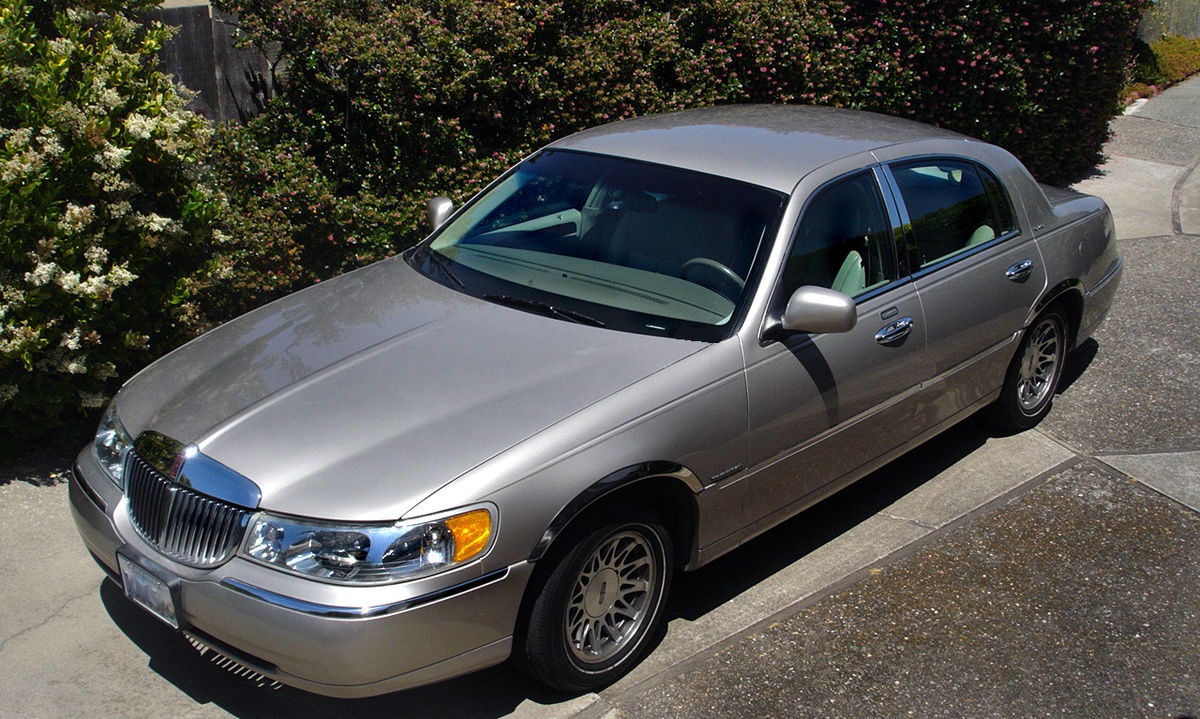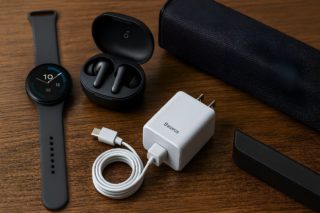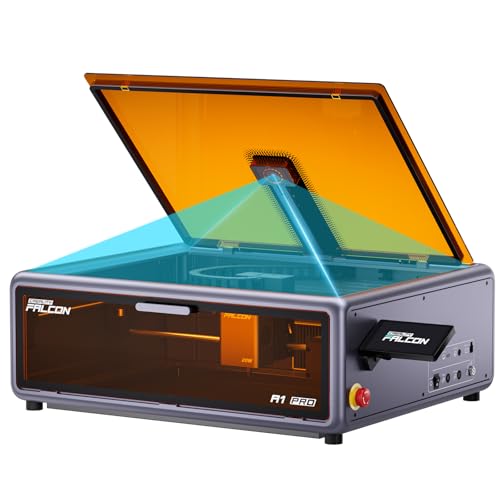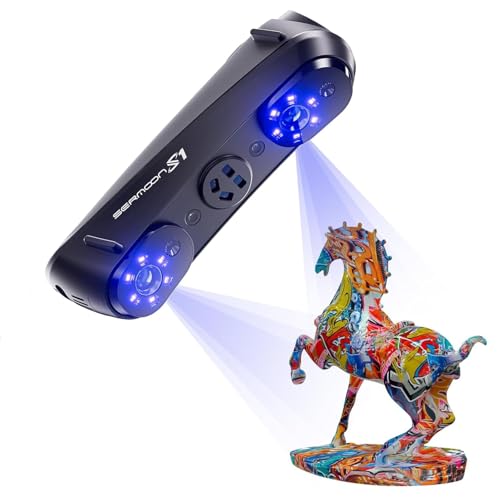When your car’s infotainment screen goes black three months after your warranty expires, you panic. The dealer quotes $1,200 for a replacement. You pay up, cursing your timing. Plot twist—that repair should have been free.
Welcome to the world of “secret warranties,” where manufacturers quietly extend coverage for widespread defects but won’t tell you unless you ask. These hidden fixes operate through Technical Service Bulletins (TSBs), and dealers profit when you don’t know they exist.
TSBs Aren’t Recalls – And That’s the Problem
Understanding the difference between mandatory recalls and discretionary bulletins reveals why dealers stay quiet about free fixes.
Unlike recalls, which address safety issues and trigger automatic notifications, TSBs handle annoying but non-dangerous problems. Think glitchy software, failing infotainment screens, or transmission hiccups. Manufacturers issue these internal memos to dealerships with repair instructions, sometimes extending warranty coverage years beyond the original terms.
The catch? Nobody’s required to tell you about it. According to CarGurus experts, manufacturers often provide these extended coverages as goodwill gestures, but “dealers aren’t required to notify you.”
Your Honda’s AC compressor failure at 85,000 miles? There’s probably a TSB covering it until 100,000 miles. That dead Tesla touchscreen? Likely covered under a quiet policy extension that stretches seven years.
The Information Game Dealers Always Win
Service departments generate significant revenue from repairs that TSBs would cover for free.
Here’s where it gets frustrating. Dealers make serious money from service work—often more profit than car sales. When you walk in with a known TSB issue, volunteering the free fix costs them revenue.
The NHTSA database contains thousands of these bulletins, searchable by your VIN. TSBsearch.com offers another resource. Yet most car owners remain clueless, paying too much out-of-pocket for manufacturer-acknowledged defects. Consumer law firms note that owners can save hundreds, sometimes thousands of dollars, by simply knowing to ask.
Your Four-Step Action Plan
Converting this knowledge into savings requires a systematic approach that puts manufacturers on notice.
- Search NHTSA.gov and TSBsearch.com using your vehicle’s VIN before any major repair
- Contact your dealer’s Service Manager directly, referencing specific TSB numbers you’ve found
- If they claim ignorance or refuse coverage, escalate to the manufacturer’s customer service line—they can authorize “goodwill” repairs that dealers might deny
- Document everything
California’s lemon laws and similar consumer protections strengthen your position when manufacturers try to dodge responsibility.
Your car’s warranty might have expired, but your right to fair treatment isn’t. The next time a dealer quotes you four figures for a “common problem,” remember: common problems often have uncommon solutions hidden in plain sight. Consider researching car costs comprehensively before making any major vehicle decisions.





























